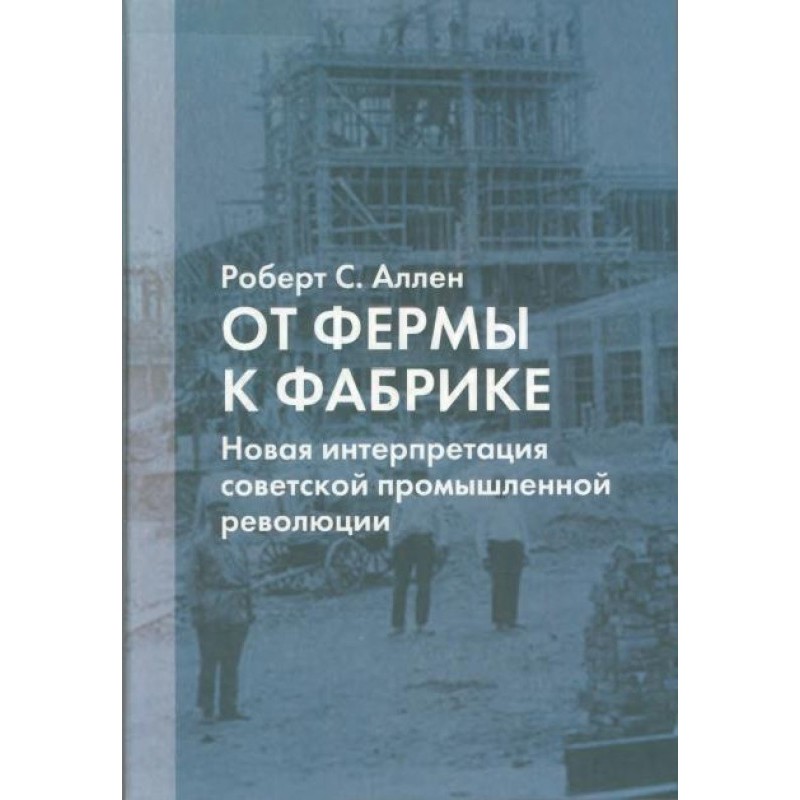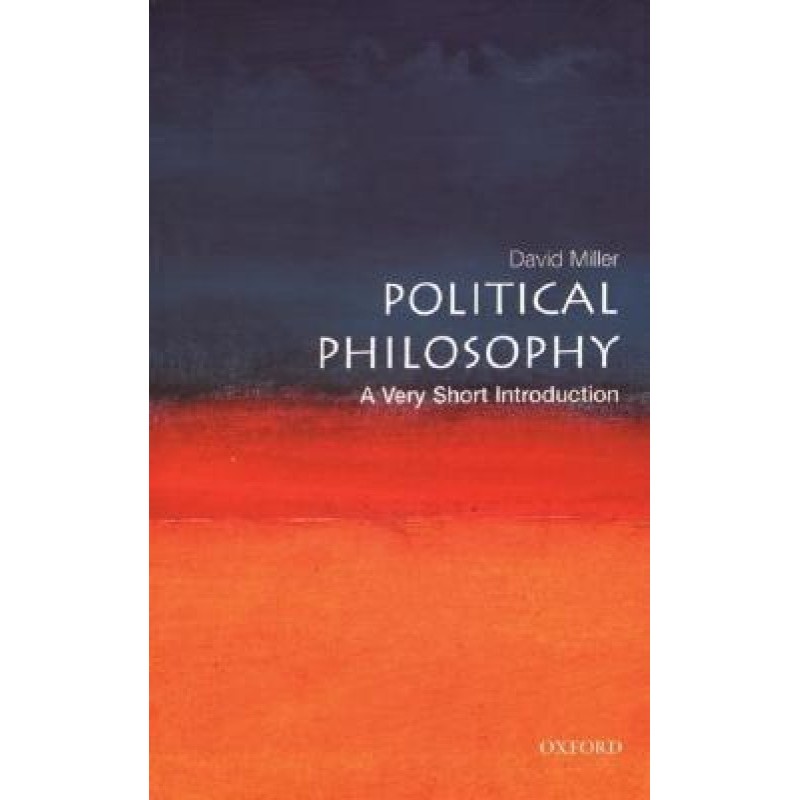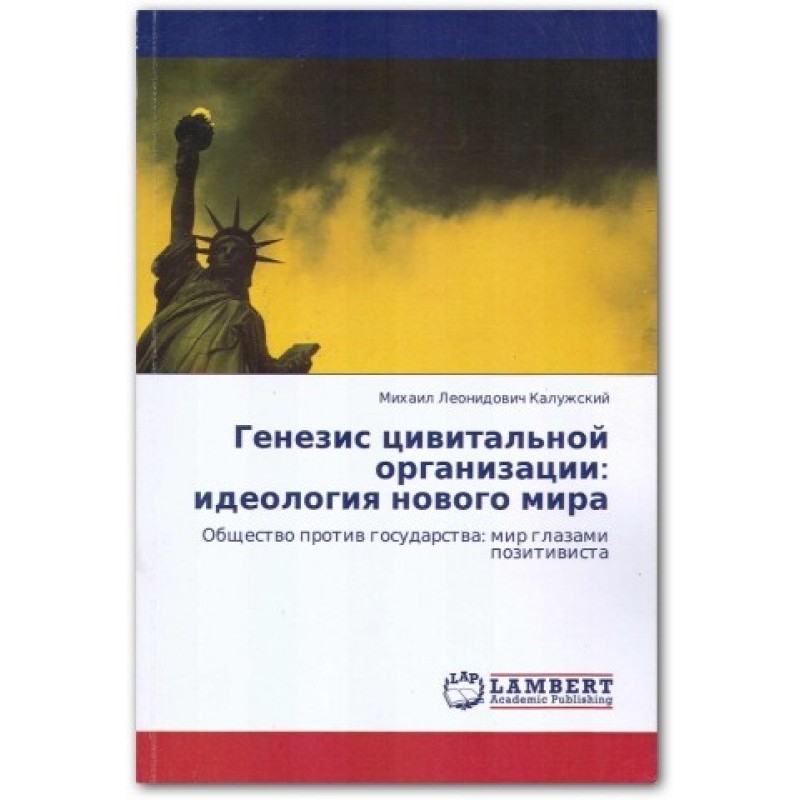Global Economic History. Brief introduction
 Instant download
Instant download
after payment (24/7)
 Wide range of formats
Wide range of formats
(for all gadgets)
 Full book
Full book
(including for Apple and Android)
Why are some countries rich and others poor? At the beginning of the 16th century, income differences around the world were small, but the gap widened dramatically after Columbus discovered America. In this book, Oxford University professor Robert Allen shows how the interaction of geography, globalization, technological change and economic policy determines the wealth and poverty of nations. The author argues that the Industrial Revolution was Britain's breakthrough response to the challenge of globalization. Western Europe and North America joined Britain in forming a club of rich countries, pursuing a policy of creating a national market by eliminating domestic tariffs and investment in transport, imposing import tariffs to protect weak industries from British competition, creating banks to stabilize the currency and mobilizing domestic savings in investment purposes, as well as supporting mass education to prepare people for work in industry. Thanks to the creation and implementation of new technologies, these countries only became richer. Only a few countries—Japan, Soviet Russia, South Korea, Taiwan, and perhaps China—have managed to catch up with the West through accelerated industrialization and creative responses to technological challenges.
Data sheet
- Name of the Author
- Роберт Аллен С.
- Language
- Russian
Reviews
Вражаюче дослідження економічних процесів
Книга "Світова Економічна Історія" є справжнім шедевром, який відкриває читачеві глибокі та складні питання про причини економічної нерівності між країнами. Роберт Аллен, професор Оксфордського університету, майстерно аналізує історичні події, починаючи з відкриття Америки Колумбом, і показує, як географічні, технологічні та політичні фактори вплинули на розвиток економік різних народів. Книга не лише інформативна, але й захоплююча, адже автор вміло поєднує факти з аналітичними висновками, що робить її цікавою для широкого кола читачів. Я особливо вражений тим, як Аллен підкреслює роль промислової революції та інновацій у формуванні багатства країн, а також аналізує успішні приклади, такі як Японія та Південна Корея. Ця книга стане чудовим ресурсом для студентів, викладачів, а також усіх, хто цікавиться економікою та історією. Рекомендую всім, хто хоче зрозуміти, чому світ виглядає так, як він є сьогодні!















